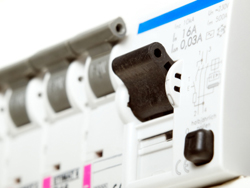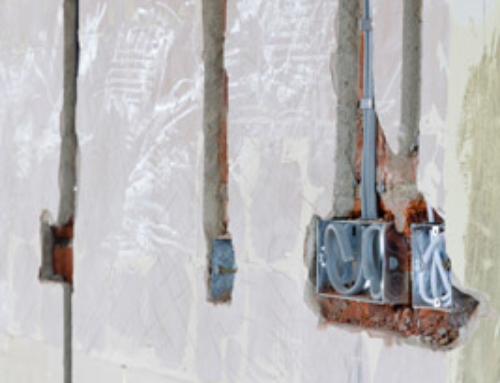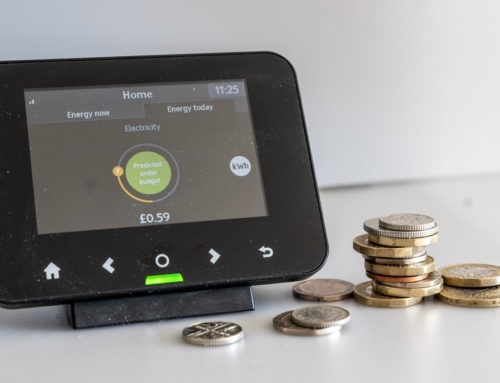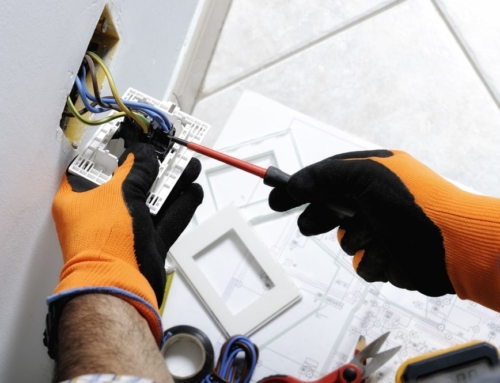Whether you’ve bought an older property or lived in the same place for years, the electrics will eventually start to show their age. One of the most important parts is the fuse board, and an old board can be a weak link in your electrical installation.
Fuse boards are relatively inexpensive, but you’ll pay for the time and expertise needed to replace one. A straightforward swap will take an experienced electrician at least a day to carry out, and many installations don’t go to plan. You may need to budget extra time for fault finding and testing.
Some enthusiastic homeowners feel it’d be a good idea to do the job themselves. But like all electrical jobs in the home, DIY is a bad idea.

Don’t attempt to change your own consumer unit
When It’s Time For a Replacement Fuse Board
There are a few reasons for replacing a fuse board. You may need some work doing and want to replace the board yourself. You may also find that your old fuse board is struggling to cope with the power demands of your modern home.
Unless you live in a new build property, you should inspect your fuse board to see if it’s time for an upgrade. But don’t be tempted to go to your local hardware store, buy a board and start taking things apart.
Why DIY Doesn’t Always Make Sense
Lots of homeowners are struggling to make ends meet, and any way to save money seems like a good option when you’re strapped for cash. But DIY fuse board replacement is more than just a false economy.
Apart from anything else, electricity can kill. Plenty of homeowners have a basic knowledge of how their electrical supply works, and that’s good knowledge to have, but don’t overestimate your abilities. Replacing a fuse board is a complicated job, and the time needed increases if you have a large number of circuits.
In replacing the fuse board, professional electricians often find small flaws in the wiring or bonding, and they’ll quote for the necessary extra work while they’re working on the fuse box. As an amateur, you’re less likely to spot that this work needs doing. Even if you do see a problem, are you confident that you could fix faults on top of installing the fuse board?
Your electrician should offer to test their work and give you an Electrical Installation Certificate (a legal requirement). Without a certificate, you might run into problems when you attempt to sell your home later, so it’s pointless doing the work yourself. (Make sure your electrician issues the certificate: if a third party issues it, it may not be genuine.)
Remember: DIY is cheaper, sure. But if you do a bad job, you’ll have to pay even more to have an electrician rip out your work and redo it from scratch.
Getting the Job Done Right
If your fuse board needs to be replaced, hiring a professional is the best way to get the job done. There are a few extra things to bear in mind:
- Ask your electrician if the new fuse board is ‘17th Compliant’, or ‘17th Edition Compliant’. This refers to the 17th edition of the European regulations for domestic and industrial installations.
- If the fuse board is being fitted in a domestic property, ensure the company you use is registered to carry out ‘Part P’ work (this refers to ‘Part P’ of building regulations). Never hire anyone that isn’t Part P compliant, even if they’re competent.
- Your installer should be a member of NICEIC. You can look up their registration on the NICEIC website to ensure it’s genuine.
- Your installer should hold the right insurance to do the job.
For a quote on replacing a fuseboard or consumer unit in South London or Surrey, contact MD Bespoke Solutions today.
























